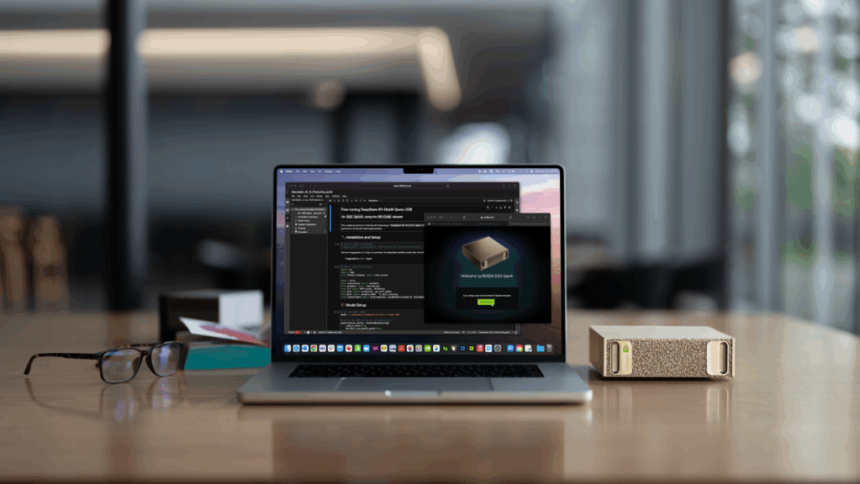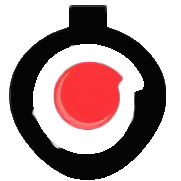AI models are growing too big for normal PCs. A new desktop system packs supercomputer power, letting developers run massive AI models quickly and securely.
As AI models grow larger, the memory and processing power of standard PCs, workstations, and laptops are no longer enough. Developers often have to move their work to the cloud or dedicated data centers, which can slow development, increase costs, and create privacy concerns. DGX Spark from NVIDIA addresses this by bringing high-performance AI computing directly to the desktop.
The system delivers a petaflop of AI performance and 128GB of unified memory in a compact form. It enables developers to run inference on models with up to 200 billion parameters and fine-tune models of up to 70 billion parameters locally. Teams can also develop AI agents and run complex AI software stacks on-site.
DGX Spark integrates GPUs, CPUs, networking, CUDA libraries, and the full NVIDIA AI software stack into a system small enough for a lab or office but powerful enough to accelerate advanced AI development. Developers can start immediately, as the NVIDIA AI software stack is preinstalled. It also supports ecosystem tools such as models, libraries, and NVIDIA NIM microservices for local AI workflows, including customizing image generation models, building vision-language agents, or running optimized AI chatbots.
“In 2016, we built DGX-1 to give AI researchers their own supercomputer. I hand-delivered the first system to Elon at a small startup called OpenAI — and from it came ChatGPT, kickstarting the AI revolution,” said Jensen Huang, founder and CEO of NVIDIA. “DGX-1 launched the era of AI supercomputers and unlocked the scaling laws that drive modern AI. With DGX Spark, we return to that mission — placing an AI computer in the hands of every developer to ignite the next wave of breakthroughs.”
“DGX Spark allows us to access peta-scale computing on our desktop,” said Kyunghyun Cho, professor of computer and data science at the NYU Global AI Frontier Lab. “This new way to conduct AI research and development enables us to rapidly prototype and experiment with advanced AI algorithms and models — even for privacy- and security-sensitive applications, such as healthcare.”











